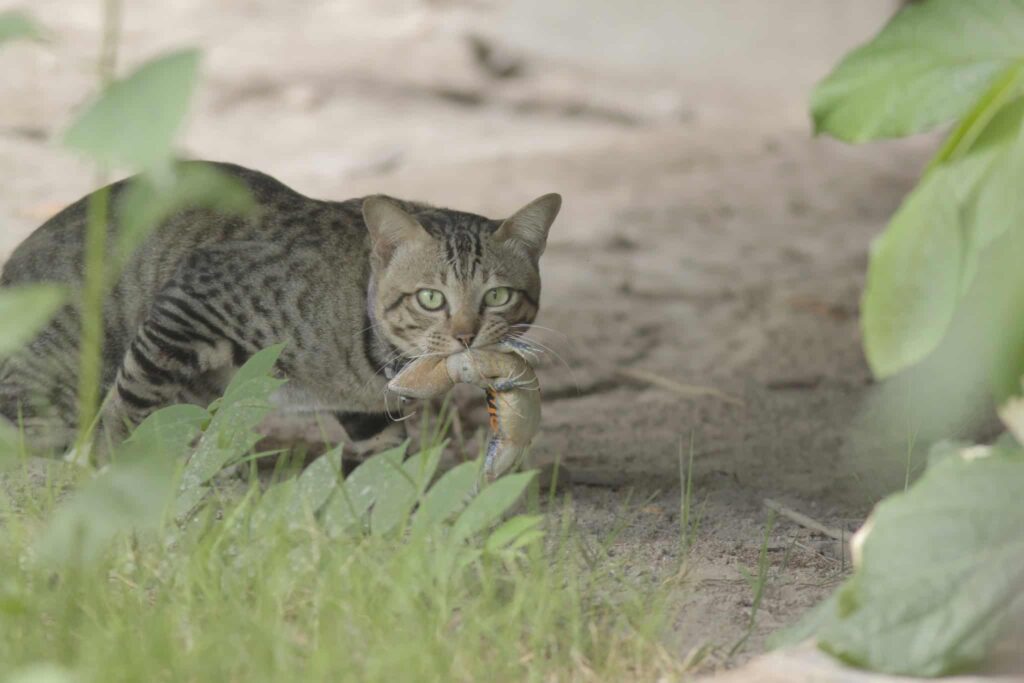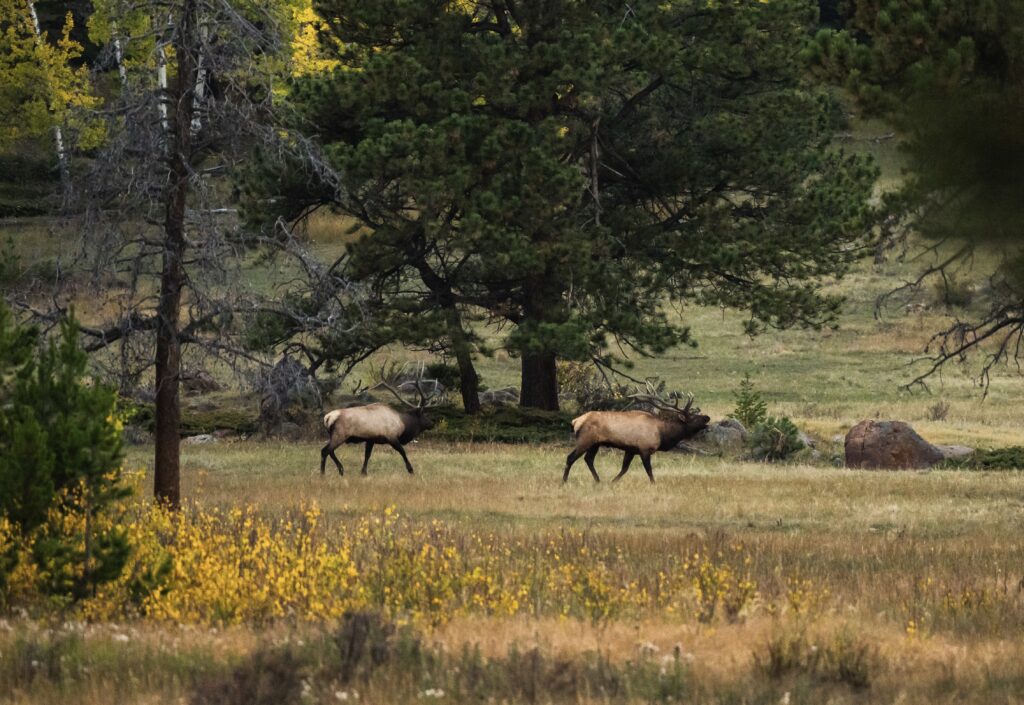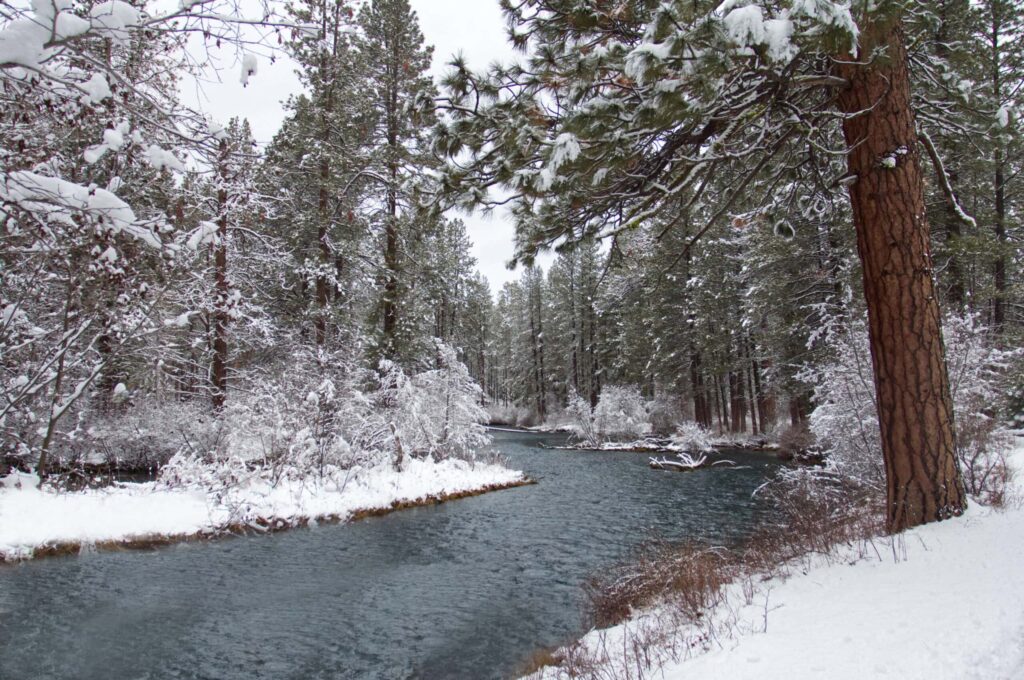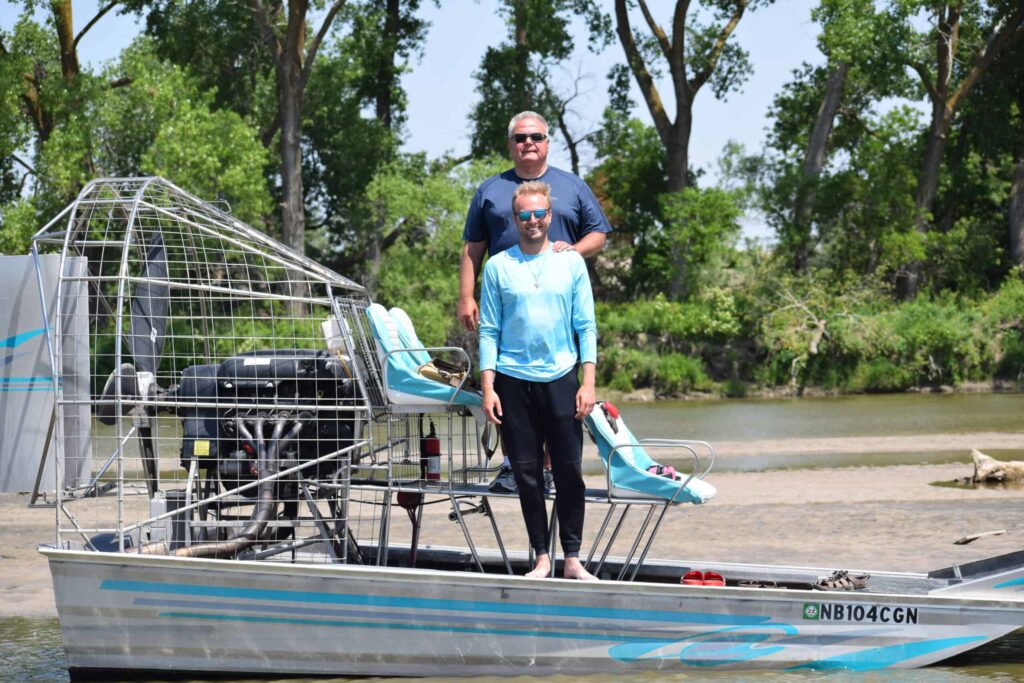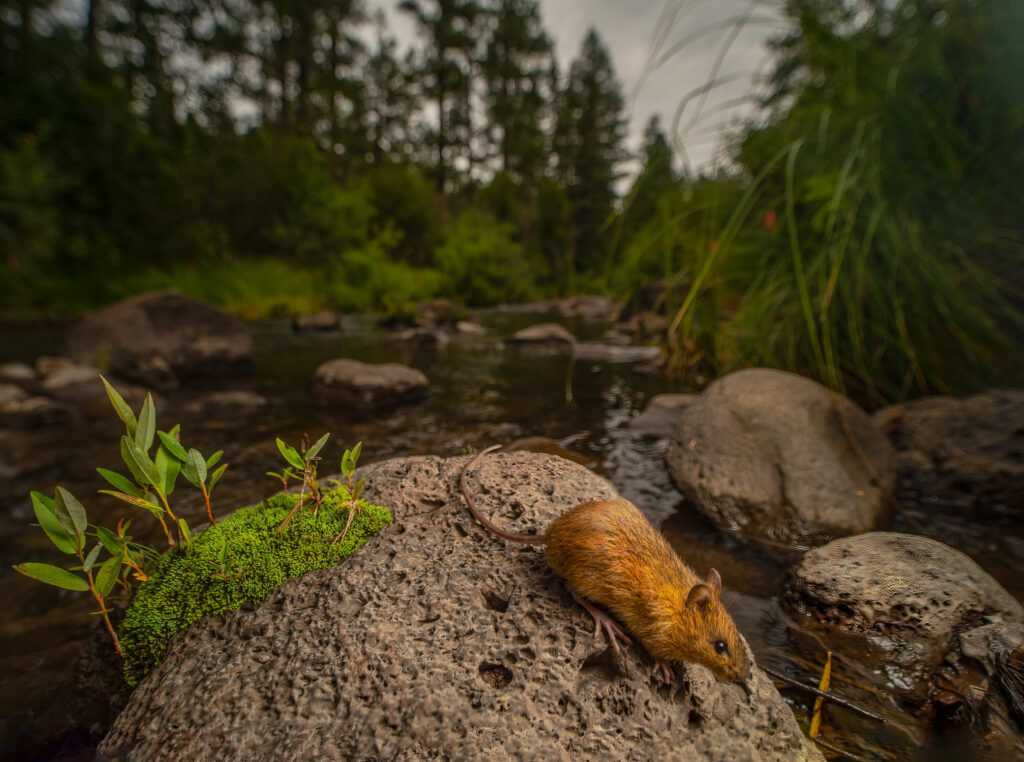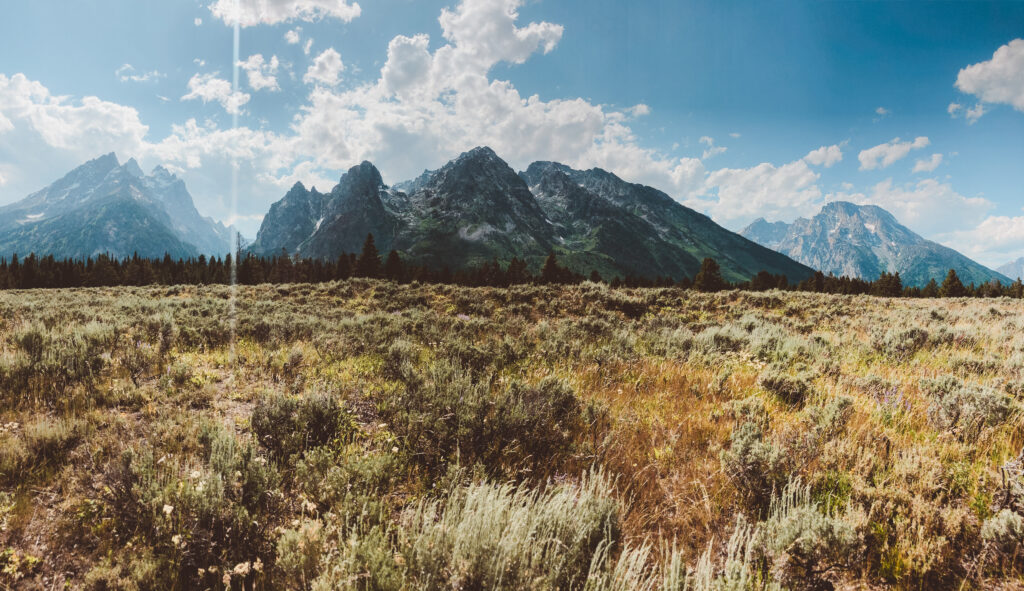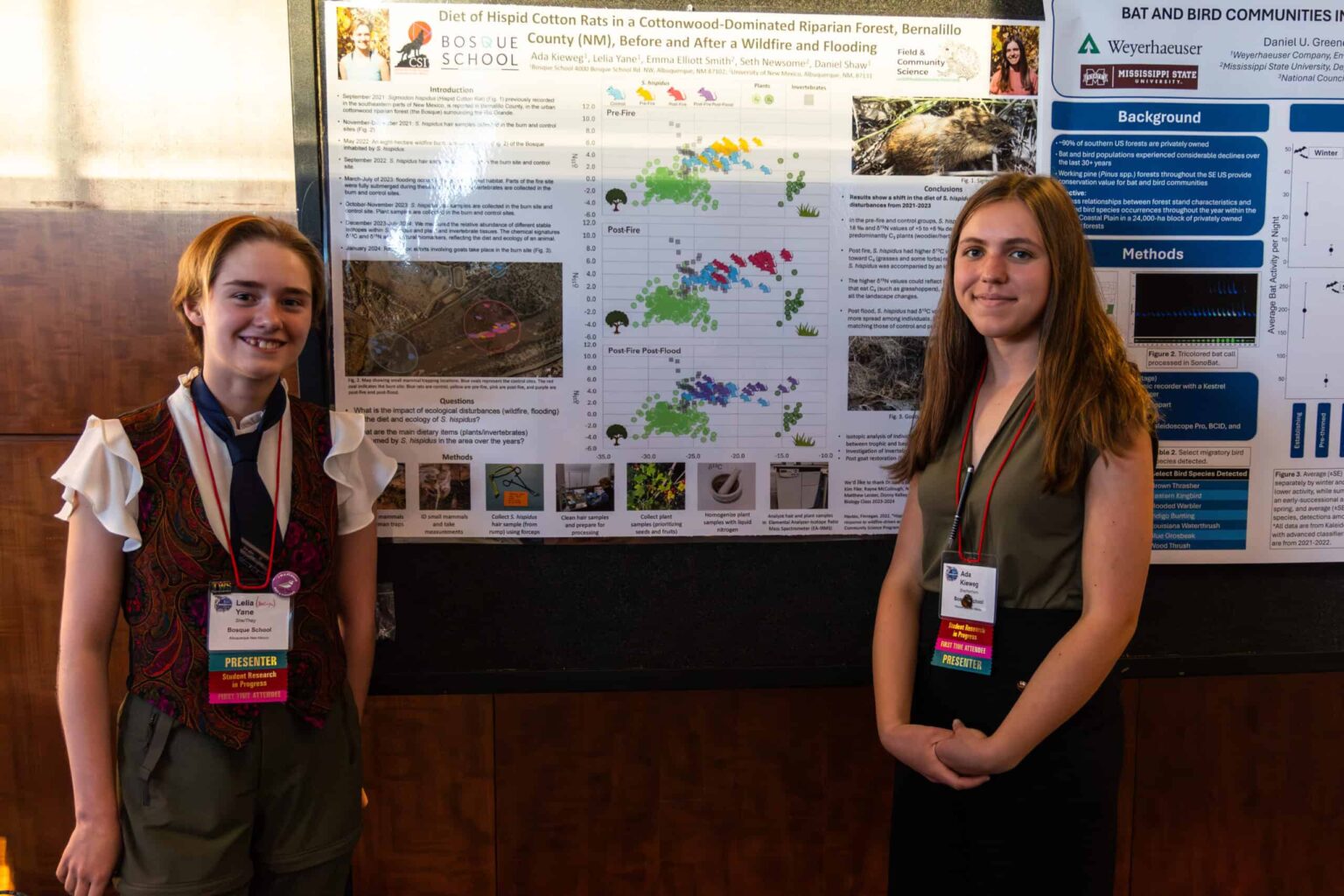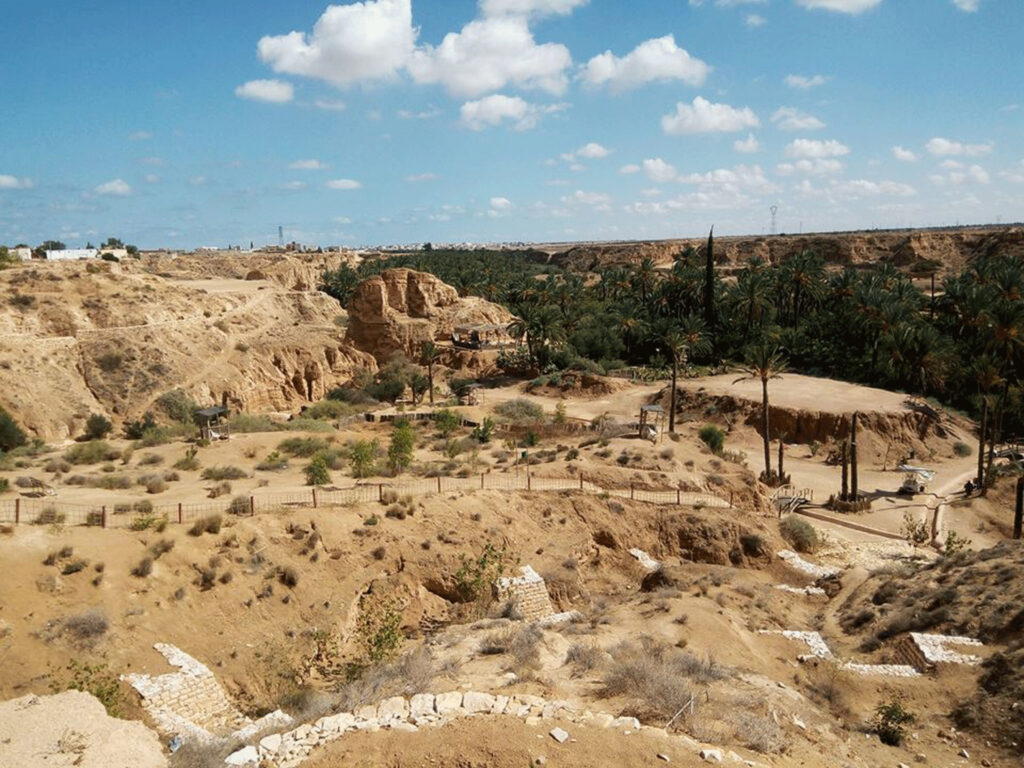Every year, undergraduates and graduate students present their research during the Annual TWS Conference. But at this year’s event in Baltimore, Maryland, two high school students joined them.
Seniors from Albuquerque, New Mexico’s Bosque School, Ada Kieweg and Lelia Yane, showcased their multi-year study of hispid cotton rat (Sigmodon hispidus) diet changes before and after wildlife and flooding events. Bosque School alumni Eliot Patton also presented her project on engaging youth in bilingual wildlife science at the conference.
Bosque School’s field science coordinator, Dan Shaw, and field and community science teacher, Kim Fike, who guided the students in their research accompanied the students at the conference. This was the first TWS conference for the young wildlifers.
“It’s a bit intimidating because everyone around us is so much older than we are, but I’m really taking it as a time to talk to people and to learn from them,” Kieweg said.

Yane felt a sense of belonging at the conference.
“I love being here,” she said. “I think it’s so cool seeing what people are interested in. I’m really surprised at what a friendly and welcoming community this was. Everyone seems so happy to teach students and wants to get to know the younger generation coming into the field.”
The independent college preparatory school serves students in grades 6-12. Older students within the school have an opportunity to mentor younger students while conducting their research. During summer camps and the school year, Yane, Kiewe and Patton have accompanied students into the field to teach them about their research. They each hope that their enthusiasm for wildlife science will be contagious to an even younger generation.
“Coming into this, the imposter syndrome was real,” Patton said. “Sometimes science feels like another language, but everyone is just here to learn from each other, no matter your age or your level of study.”
Yane and Kieweg later attended the Wild Words workshop to learn how to better communicate science through written stories and social media as they continue to advance in their burgeoning careers.
Article by Megan Radke